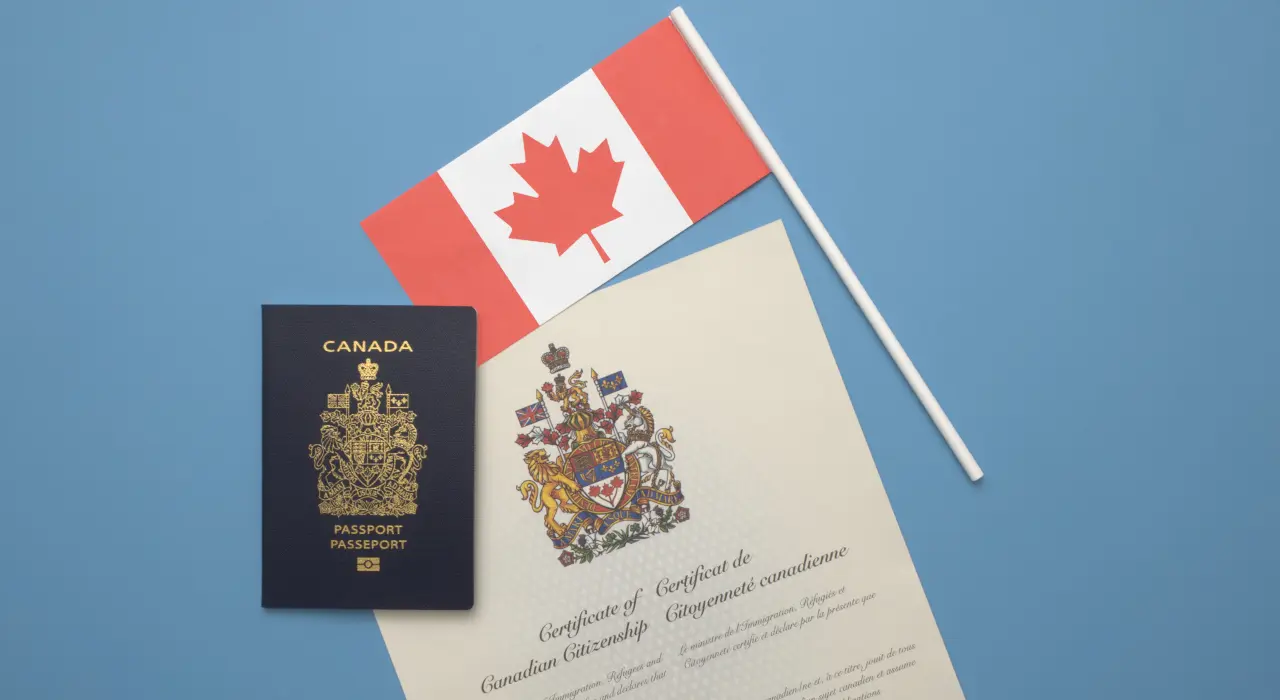In Canada, federal election campaigns are very open to everyone, including non-citizens. However, it’s important to understand what you can and cannot do depending on your immigration status.
You Can Participate in Most Campaign Activities Without Citizenship
The key point is: you can take part in most campaign activities even if you are neither a citizen nor a permanent resident1. For example:
- Knocking on doors
- Making phone calls
- Preparing gatherings
- Putting up and collecting yard signs
However, if you are paid for working in a campaign office, you must comply with the conditions of your immigration status (such as having a valid work permit).
Citizenship Is Required for Voting and Running for Office
Only Canadian citizens can vote2 in federal elections or run as a candidate3 for Member of Parliament (MP).
This means that, unfortunately, permanent residents are not eligible to run for Member of Parliament.
However, even for Canadian citizens, becoming a candidate is not something most people do. It usually involves a nomination process within a political party. In fact, fewer than 2,0004 Canadians, including independent candidates, ran as federal election candidates in 2025.
Even if you cannot vote, your influence still matters. Persuading others can have a bigger impact than casting a single vote.
Citizenship or PR Is Required for Political Donations
Only Canadian citizens and permanent residents can make political donations5 in federal elections.
Even if you are eligible, donations must be made personally. Businesses cannot donate6. For example, if you own a pizza shop, you can’t donate free pizzas to a campaign, even as a gesture of support, unless the campaign pays for them.
Being an Official Nominator Requires Voting Rights
To run for office, a candidate usually needs at least 100 signatures7 from eligible voters in their riding. Those signing must:
- Be Canadian citizens
- and live in the riding
Permanent and temporary residents cannot sign nomination papers.
Even as a PR, You Might Be Voting for a Future Prime Minister (in the leadership)
While federal elections are limited to citizens, there are other important ways permanent residents can participate in the political process.
In Canada, voters do not directly elect the Prime Minister8. The leader of the party that wins the most seats in Parliament becomes Prime Minister.
Choosing a party leader is separate from federal elections9. Each political party has its own process for leadership elections. Some parties allow permanent residents to vote in leadership contests.
For example, in 2025, the Liberal Party of Canada elected Mark Carney as leader10, and then he became the Prime Minister11. During that leadership race, registered Liberal members, including many permanent residents, were allowed to vote.
Key Takeaways from This Topic
Can non-citizens volunteer in Canadian federal campaigns?
Yes. You can knock on doors, make calls, or help with events even if you're not a citizen or permanent resident. Just ensure any paid work aligns with your immigration status.
Who is allowed to vote or run in federal elections?
Only Canadian citizens can vote or run as candidates for Member of Parliament. Permanent residents are not eligible.
Can non-citizens make political donations?
Yes, but only if they are permanent residents. Temporary residents are not allowed to donate.
Can I sign nomination papers for a candidate if I’m a permanent resident?
No. Only Canadian citizens who live in the riding can sign a candidate’s nomination papers.
Can permanent residents vote for a party leader?
Yes, but only if the party allows it. Leadership elections are separate from federal elections, and some parties allow permanent residents to vote if they become members.
Why should non-citizens get involved if they can’t vote?
Even without voting rights, your efforts, like volunteering or engaging your community, can influence many votes and help shape Canada’s future.
References
-
Frequently asked questions, Elections Canada ↩
-
Voting in a Federal Election, Elections Canada ↩
-
Step 1. Are You Eligible To Be a Candidate?, Elections Canada ↩
-
List of Confirmed Candidates, Elections Canada ↩
-
Understanding contributions, Elections Canada ↩
-
Political Party Financing in Canada, The Canadian Encyclopedia ↩
-
Guidance for Candidates Collecting Elector Signatures, Elections Canada ↩
-
Prime Minister of Canada, The Canadian Encyclopedia ↩
-
Leadership Convention, The Canadian Encyclopedia ↩
-
2025 Leadership Vote Results, Liberal Party of Canada ↩
-
Swearing-in of the 30th Canadian Ministry, Prime Minister of Canada ↩
